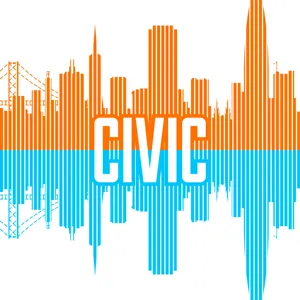What You Might Find on Your San Francisco Ballot: Party County Central Committees

Election Special: Voters in San Francisco registered with the Peace & Freedom, Green, Republican or Democratic parties have extra choices in the March 5th election that only come around once every four years — the party county central committees. We talk to a political strategist to discuss the power dynamics of these committees in San Francisco and find out what voters are tasked to choose. We also hear from representatives of each of these parties to learn a bit more about how they operate.
Democratic County Central Committee: https://www.sfdemocrats.org/our-party/the-dccc
Republican Party of San Francisco: https://www.sfgop.org/about
Green Party of San Francisco: https://www.sfgreenparty.org/about-us
Peace and Freedom Party of California: https://www.peaceandfreedom.us/index.php/about-us/about-peace-and-freedom
San Francisco Public Press March 2024 SF Election Guide: https://www.sfpublicpress.org/march-2024-sf-election-guide/